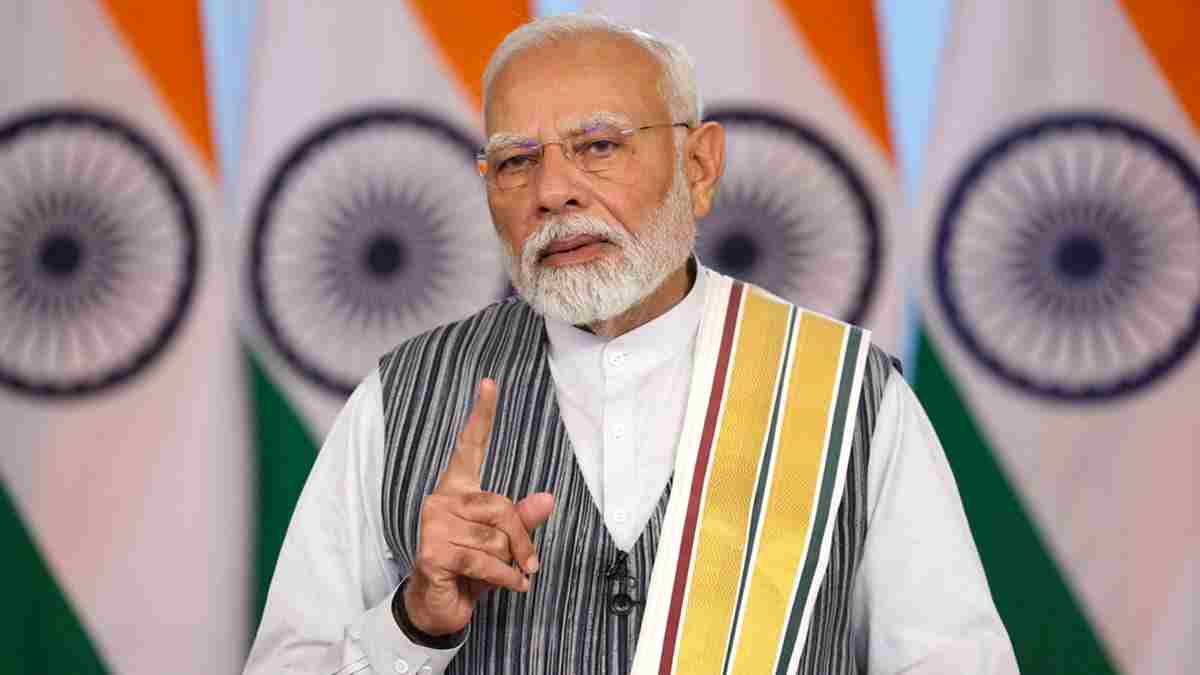In light of the escalating crisis in West Asia, Prime Minister Narendra Modi convened an urgent meeting of the Cabinet Committee on Security. This high-level body, comprising key ministers including the Home, Defence, Foreign, and Finance Ministers, as well as the National Security Adviser, focused on the recent hostilities in the region, particularly following Iran’s missile attacks on Israel.
The situation in West Asia has become “deeply concerning,” prompting Indian authorities to assess the implications of the conflict. During the meeting, the committee explored various dimensions of the crisis, emphasizing the need for all involved parties to engage in urgent diplomatic dialogue. India is keen to prevent the conflict from expanding into a broader regional crisis.
Economic Impacts of the Conflict
The ramifications of the West Asia conflict extend far beyond its immediate participants, threatening to disrupt global trade and economic stability. As tensions rise between Iran and Israel, India braces for potential disruptions in critical maritime routes, particularly the Red Sea and Gulf of Aden. This area is vital for trade, and any instability could lead to higher freight costs and supply chain disruptions.
The recent escalation has already had negative effects on India’s oil exports, which plummeted by over 37% to $5.96 billion in August compared to the previous year. Such declines are a direct consequence of heightened tensions that have also impacted maritime security, with Iranian-backed groups posing threats to commercial vessels.
Vital Trade Routes at Risk
The Red Sea, along with the Suez Canal, is integral to India’s trade, accounting for approximately 50% of its exports and 30% of its imports. In 2023, these routes facilitated trade valued at Rs 18 lakh crore for exports and Rs 17 lakh crore for imports. Any disruption in this region can have a cascading effect on India’s overall trade, which was valued at Rs 94 lakh crore in FY23.
The ongoing crisis is particularly worrisome given that India has substantial trade ties with the Gulf nations. The Gulf Cooperation Council (GCC) accounted for 15% of India’s total trade, reflecting a robust partnership that spans sectors such as energy, defense, and health. Last year, bilateral trade between India and GCC countries reached a staggering $162 billion.
Calfor Diplomacy
Recognizing the urgent need for resolution, India has reiterated the importance of diplomacy and dialogue among all parties involved in the conflict. New Delhi’s message is clear: the ongoing crisis should not escalate into a larger regional conflict that could destabilize trade routes and economic relationships.
n this precarious environment, India’s focus remains on safeguarding its interests while advocating for peace and stability in West Asia. The government is closely monitoring developments to mitigate potential disruptions to trade and ensure the safety of maritime routes.
The unfolding crisis in West Asia presents significant challenges, not just for the region but for global trade dynamics. With the Indian government actively engaging in discussions and calling for diplomatic solutions, there is hope for a resolution that will prevent further escalation and protect vital economic interests. As the situation evolves, India remains committed to fostering stability and maintaining its crucial trade links in a turbulent geopolitical landscape.
